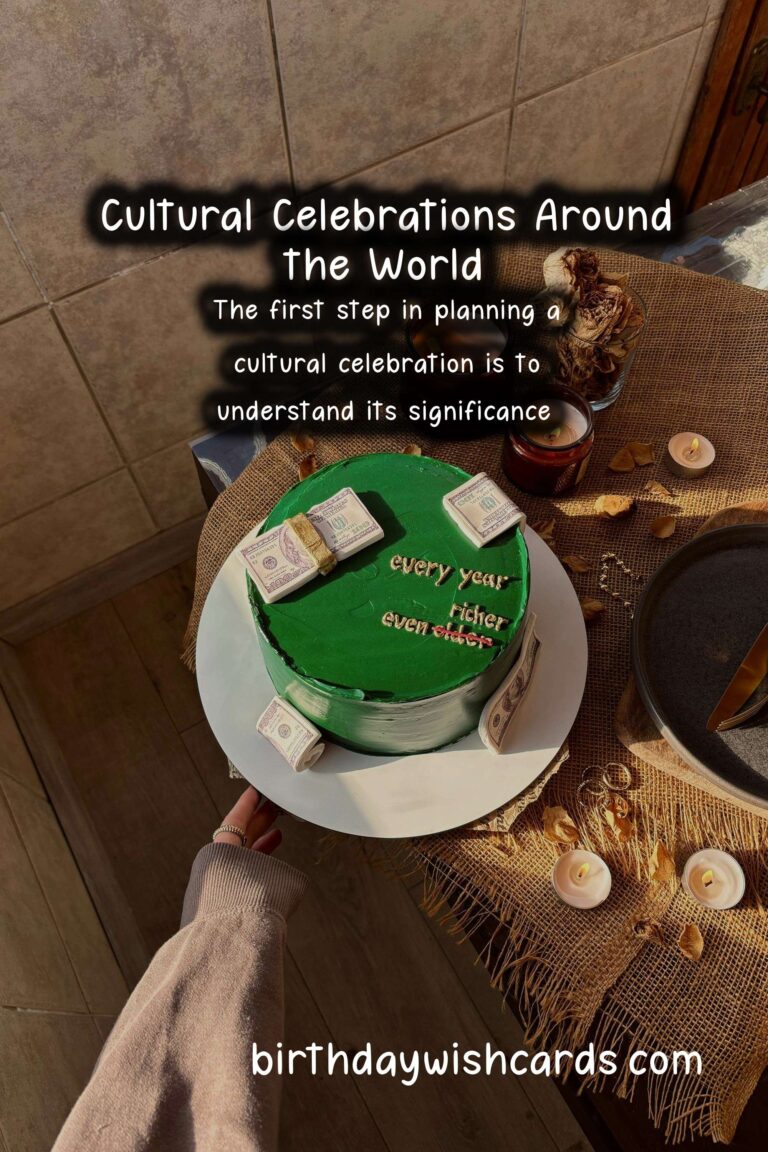
Cultural celebrations are a fantastic way to engage with traditions, promote understanding, and create unforgettable memories. Whether you are planning a small gathering or a large festival, the key is to immerse yourself in the experience and embrace diversity. Here are some simple yet effective tips to help you celebrate cultural events in a way that is enjoyable and meaningful.
1. Understand the Cultural Significance
The first step in planning a cultural celebration is to understand its significance. Each culture has its own unique history, values, and traditions. Research the cultural aspects of the event you are celebrating. Learn about the attire, rituals, food, and music that are commonly associated with the celebration. This knowledge will enrich your experience and help you appreciate the event more deeply.
2. Create an Inclusive Environment
Inclusivity is essential for any cultural celebration. Ensure that everyone feels welcome to participate, regardless of their background. This can be achieved by encouraging attendees to share their traditions and practices. Consider inviting representatives from various ethnic groups to share their customs. By creating a safe space for expression, you foster an environment of respect and learning.
3. Plan Authentic Activities
When organizing cultural activities, aim for authenticity. This could include live performances of traditional dances, workshops on traditional crafts, or cooking classes featuring authentic recipes. Engaging attendees in hands-on activities will allow them to connect with the culture on a deeper level. Consider providing background information for each activity to enhance understanding.
4. Embrace Traditional Foods
Food is a significant part of any cultural celebration. It offers a delicious way to immerse yourself in the traditions of a culture. Offer a variety of traditional dishes and beverages. You can cater to dietary restrictions by providing vegan or gluten-free options. Encourage attendees to share stories or memories associated with specific dishes, as this adds a personal touch to the culinary experience.
5. Incorporate Traditional Music and Dance
Music and dance are fundamental elements of cultural celebrations. They provide rhythm and joy to the event and help in creating a festive atmosphere. Curate a playlist that features traditional songs and encourage attendees to learn some cultural dances. This interactive element can make your celebration more engaging and memorable for everyone involved.
6. Use Decorations that Reflect the Culture
Decorations play a vital role in creating the ambiance of your celebration. Use colors, patterns, and symbols that reflect the culture you are celebrating. This can include traditional textiles, artwork, and ornaments. Decorative items can be both visually appealing and educational, offering participants a glimpse into the culture’s aesthetic values.
7. Share Cultural Stories and History
Every culture has stories that are passed down through generations. Integrate storytelling into your celebration by having someone share folklore, legends, or personal experiences related to the culture. This not only entertains but also preserves the cultural heritage and offers learning opportunities for attendees.
8. Respect and Acknowledge Differences
As you celebrate diverse cultures, it’s important to respect and acknowledge the differences among them. No two cultures are the same, and each has its customs and beliefs. Avoid generalizations and stereotypes, focusing instead on the uniqueness of each tradition. Encourage respectful discussions and questions, creating an atmosphere of openness.
9. Document and Share the Experience
Capture the moments from your celebration through photos and videos. Sharing these on social media or through a community newsletter can promote awareness and appreciation for the culture. Remember to seek consent from individuals before sharing images, especially if they are performing cultural practices. Documenting the event also serves as a great way to reflect on the experiences and learnings.
10. Reflect on the Experience
After the celebration, take time to reflect on what you learned and experienced. Gather feedback from attendees to see what resonated most with them. This feedback will not only help you improve future events but also encourage ongoing conversations about cultural understanding and appreciation.
In summary, cultural celebrations are vibrant and invaluable experiences that promote understanding across diverse communities. By following these simple tips, you can create a meaningful event that resonates with everyone involved. Embrace the beauty of diversity and let each cultural celebration be a memorable occasion in your life!
Cultural celebrations are a fantastic way to engage with traditions, promote understanding, and create unforgettable memories. The first step in planning a cultural celebration is to understand its significance. 
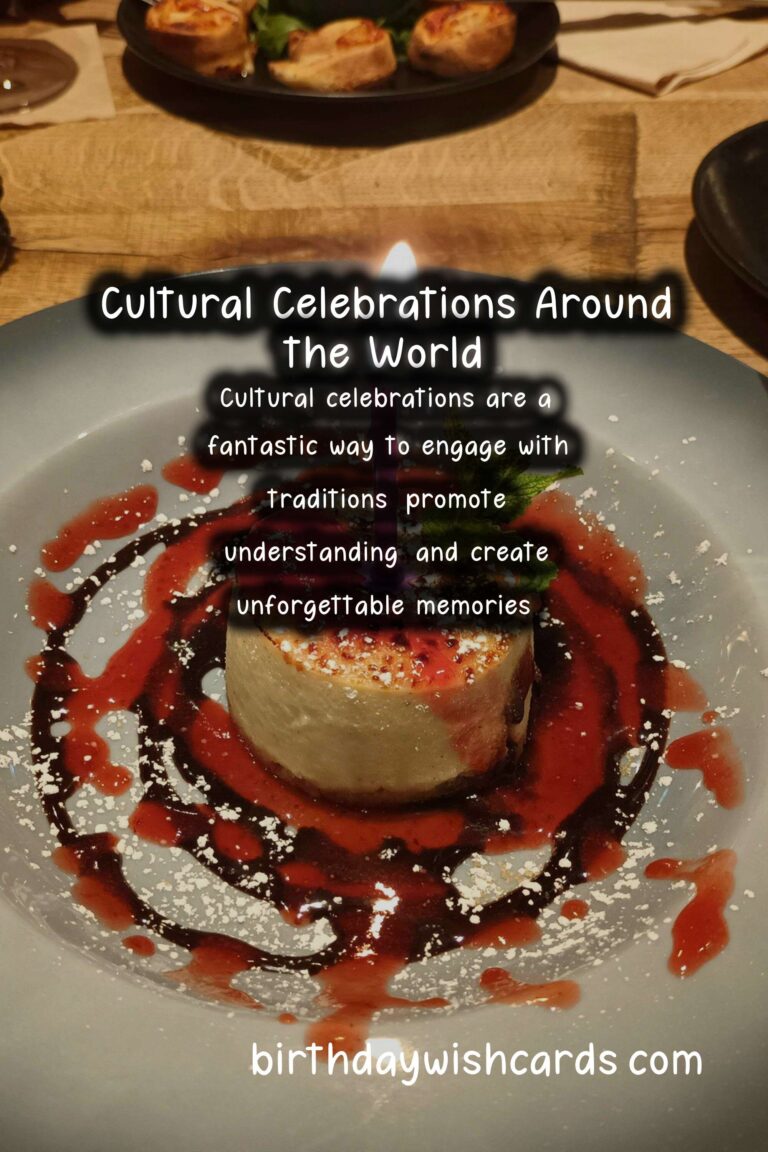
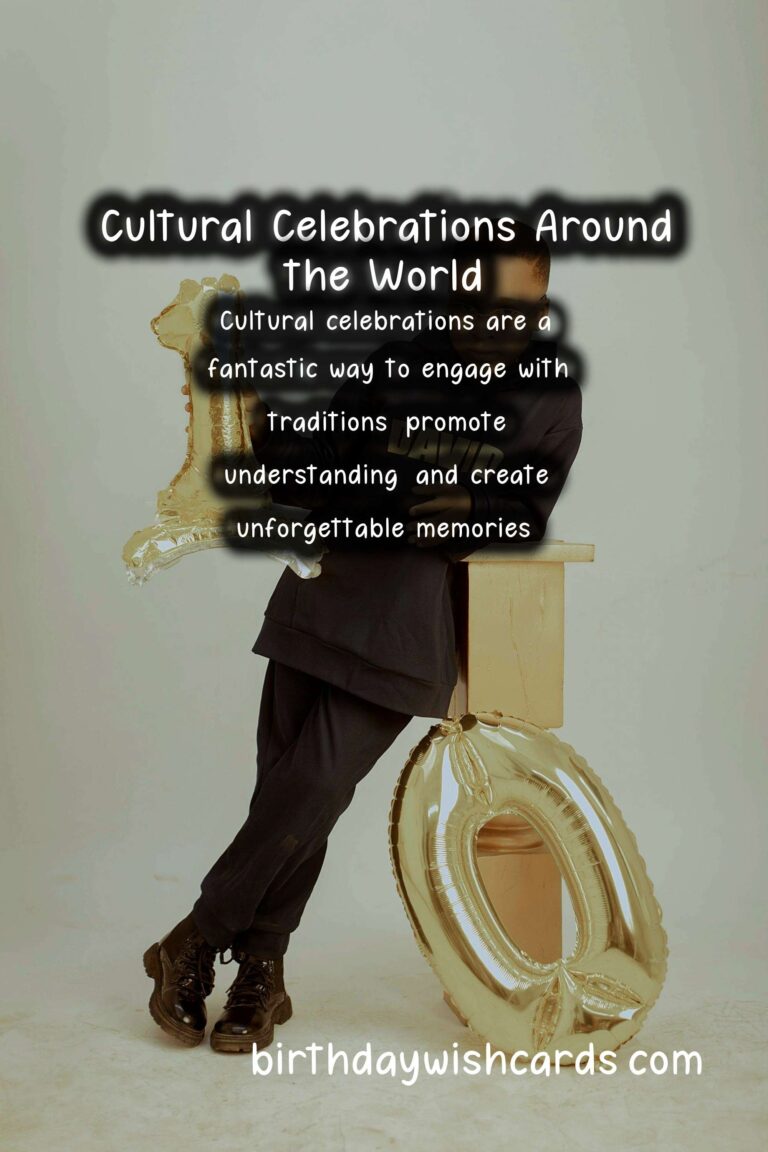
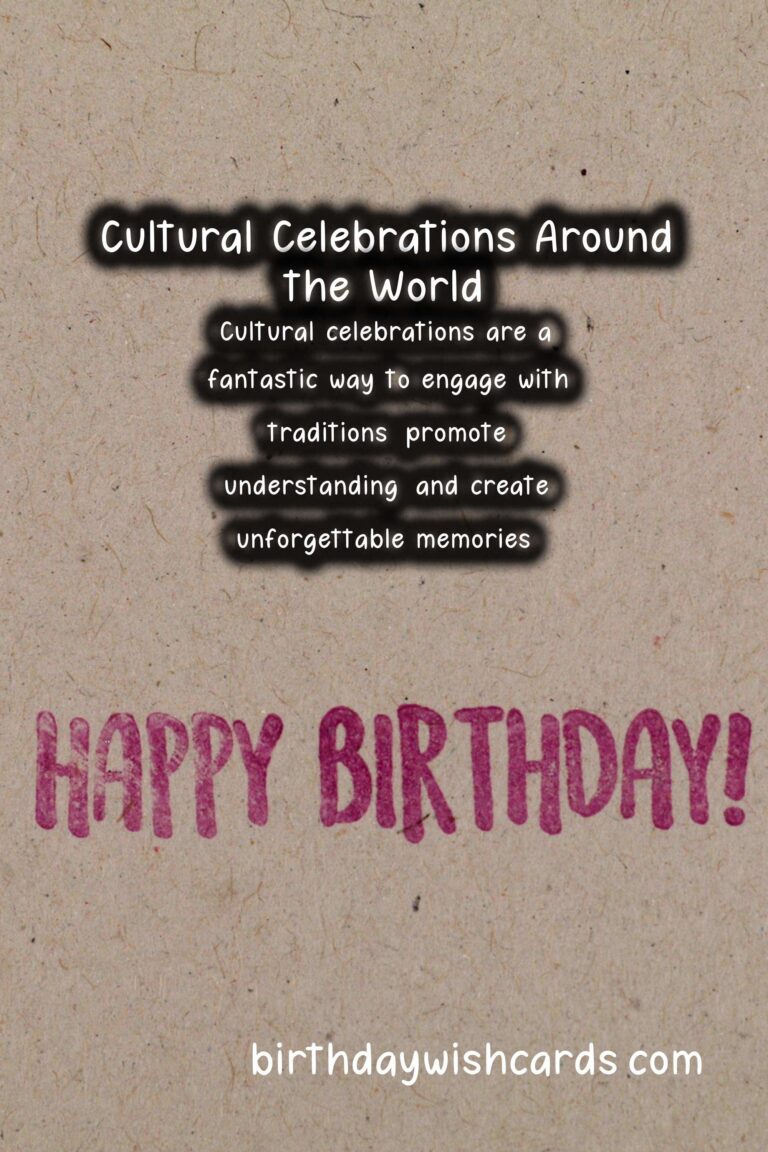
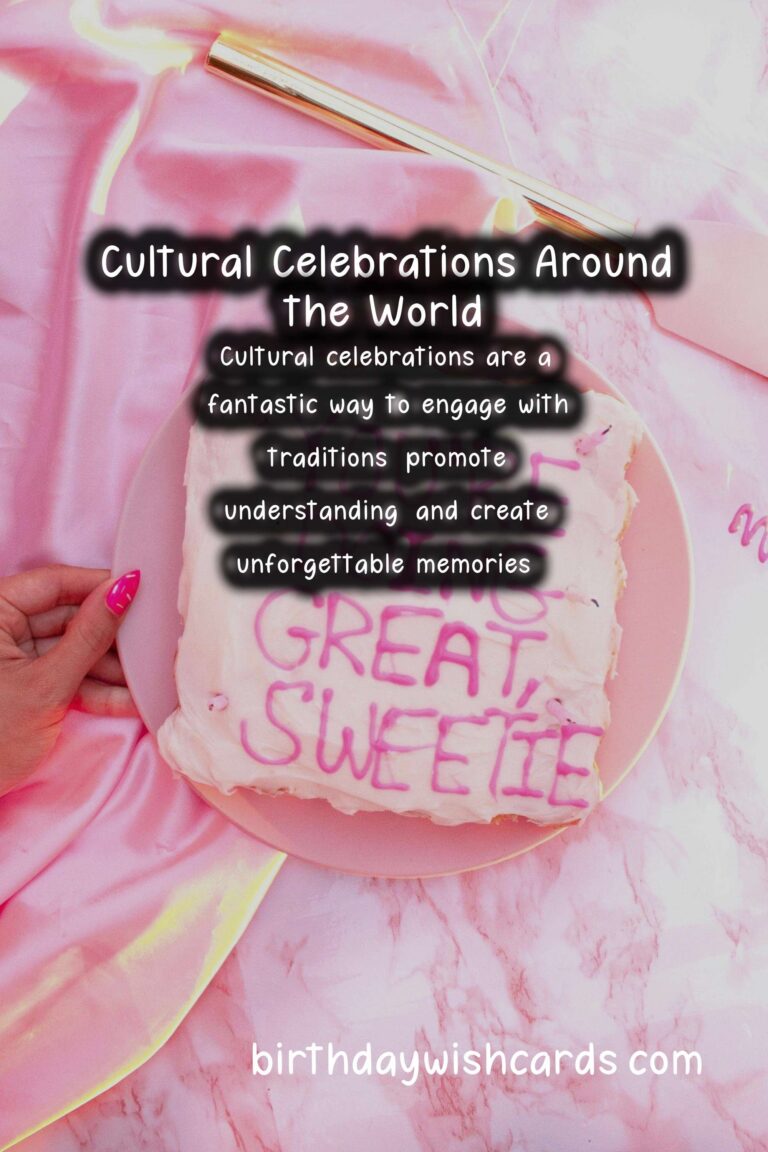
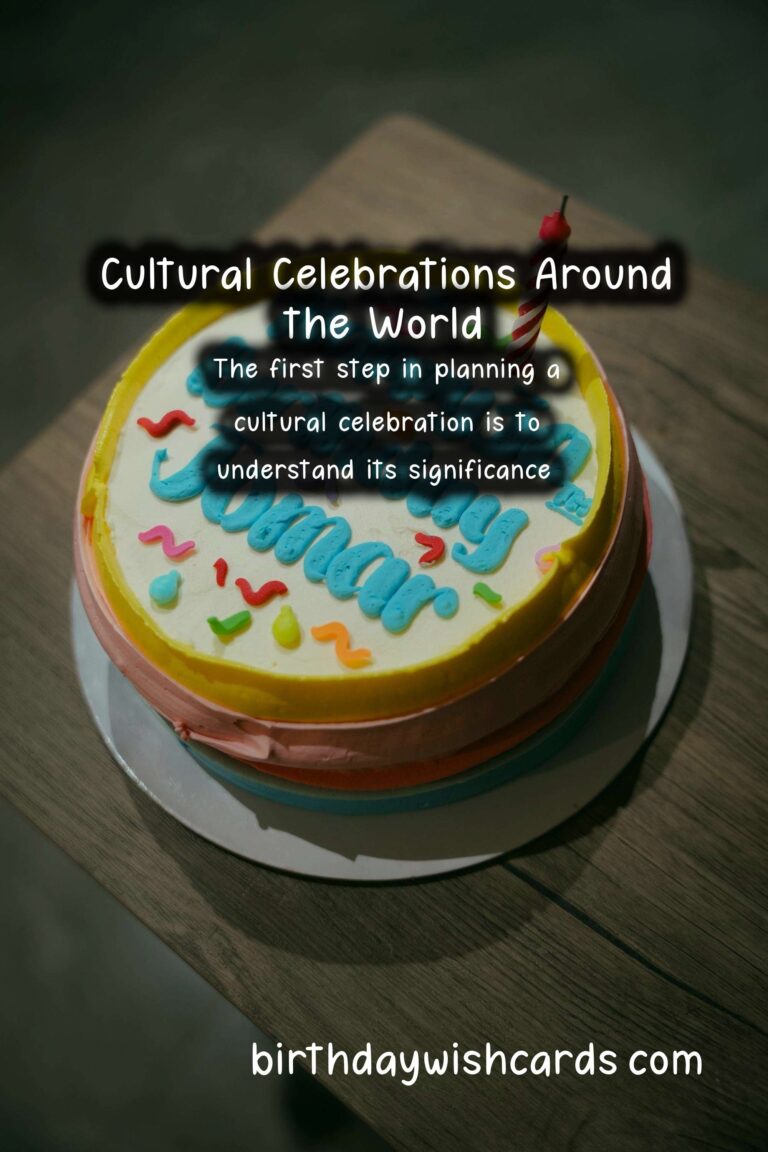
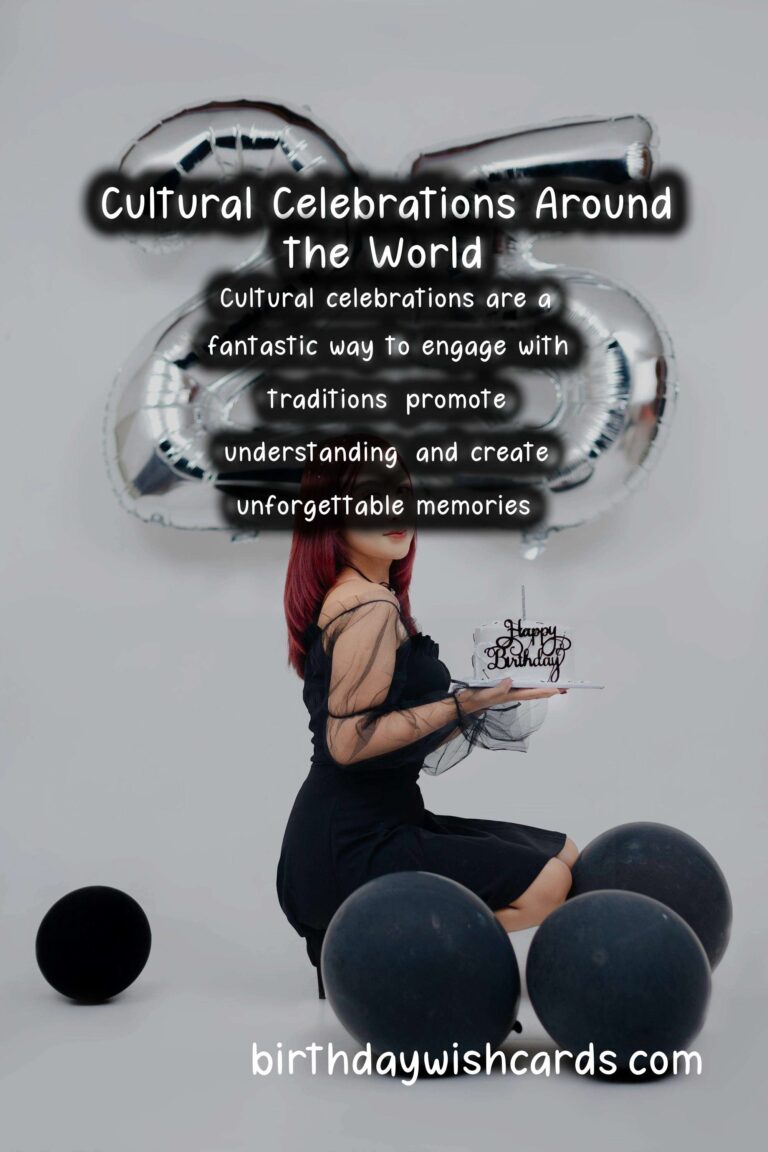
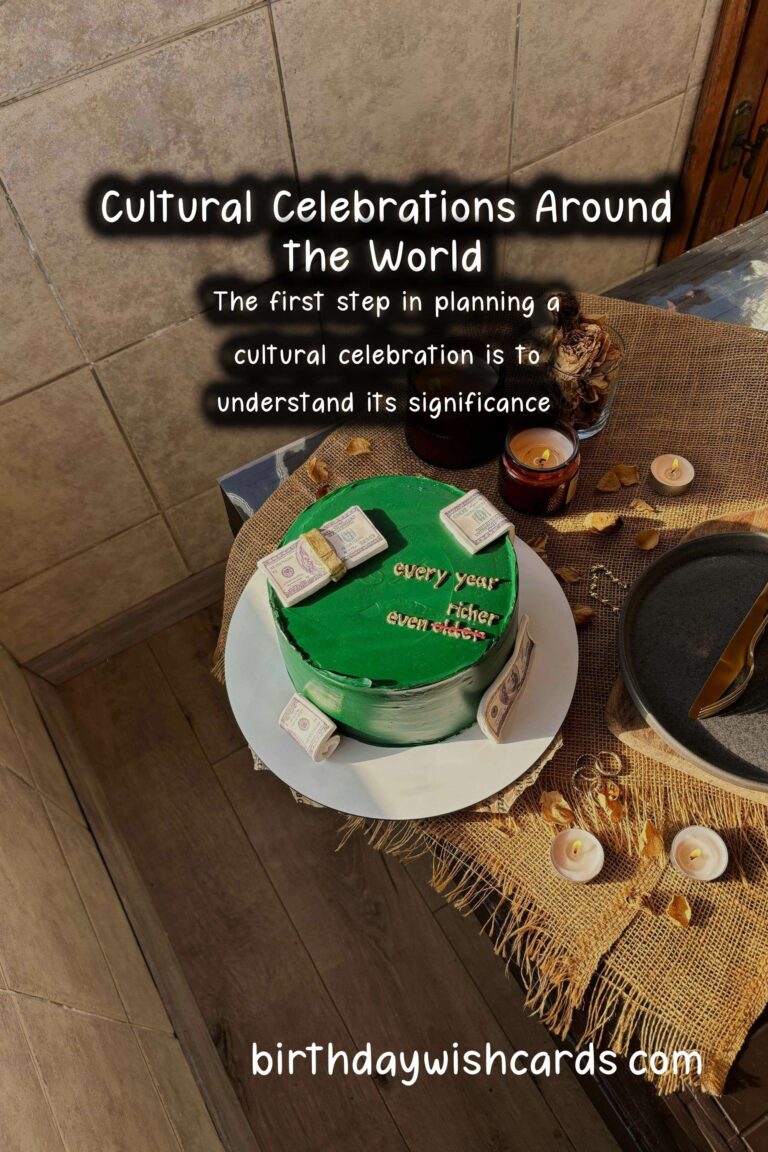
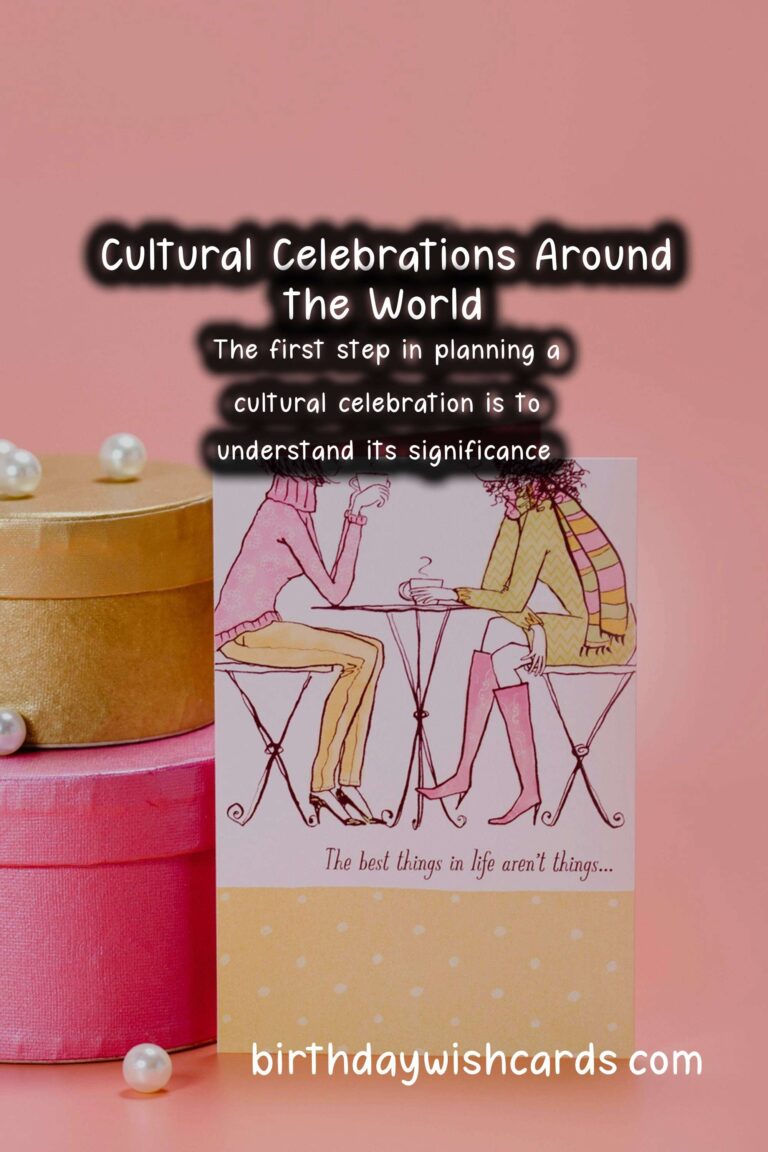
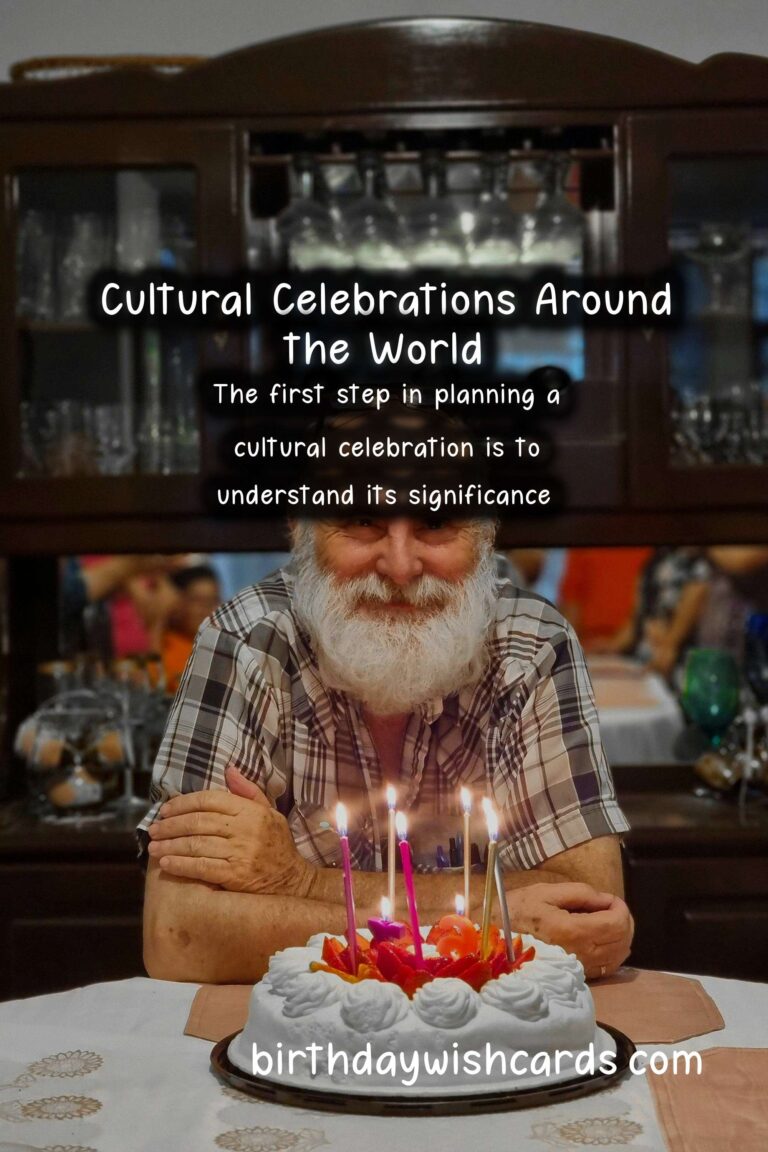
#CulturalCelebration #Diversity #Tradition #CulturalAwareness #FoodAndCulture




